|
This strange but memorable pandemic year is coming to an end. Like any organization that has set clear goals and priorities, the Knowledge, Innovation and Strategies Management Club (KISMC) reports to its members with another successful year. At the National Valorization Conference that took place in Sofiа on 18.12.2020, KISMC was awarded a certificate of quality for the successful implementation of the project Boost Aid for Social Entrepreneurship through Training (BASET). Such awards were given to only 40 projects out of 1500 projects in total from different categories, and this project is the only one to receive the award in the field Adult Education. Since the very end of 2019 and in 2020, we've launched seven new projects under the Erasmus+ programme, remaining loyal to one of the most successful human resources development under EU programmes. Namely, these projects are:
In such a way for the last few years since its establishment, KISMC has joined as a partner or leading organization 15 projects in total under the Erasmus+ Programme, 6 of which are finalized successfully and 9 are undergoing. By joining these projects, we remain fully committed to the topics that we consider very important for the development of our country, namely knowledge, innovation and entrepreneurship and, of course, the impact of new technologies and methods in these areas. Being also an active member of the Cluster Sofia Knowledge City, our organization KISMC supports with a part of its HR capacity three quite interesting and important projects that the cluster is realizing currently as a member of international partnerships, namely:
As a result, KISMC expanded its international presence in cooperation with over 20 new organizations from Europe, enriched its knowledge and experience in the field of knowledge management and innovation in SMEs, and developed and disseminated new useful methodologies, tools and good practices in these areas for the benefit of the Bulgarian business and the non-governmental sector. The TransIT project, co-funded by the Erasmus+ programme of the European Union, develops and provides innovative curricula, educational methods and training courses that guarantee an effective transition to Industry 4.0 standards.
The project will provide a solution for company leaders, industry executives, HR professionals, SMEs and VET centers. Partners in the project are: Trebag (Hungary), NUI Galway (Ireland), Chamber of Commerce and Industry of Slovenia - Institute for Business Education, Weople (Portugal), KISMC (Bulgaria), IDEC (Greece), ARTO (Hungary), Robot-X (Hungary). The TransIT project will produce three main elements that together will form a complete training kit, whereas each element will offer strong capacity building and help to successful adjust to the forthcoming challenges of Industry 4.0 standards.
For more information on the project read here. The third transnational meeting of the “Internet of Things security nuggets” - a strategic partnership co-funded by the Erasmus plus programme of the European Commission, took place on 11 October 2019 in Piraeus and was hosted by IDEC: Aintek symvouloi epicheiriseon ypsilis technologias ekpaidefsi anonymi etaireia. Prior to the transnational meeting all project partners also participated in the first training and first multiplier event - Cybersecurity in the IoT Ecosystem as part of the project. Photos from the events below. Partners in the project are:
IoT security nuggets: 2018-1-BG01-KA202-047919 is an Erasmus + project. For more information about the project, read here. The second transnational meeting of the “Internet of Things security nuggets” - a strategic partnership co-funded by the Erasmus plus programme of the European Commission, took place on 1-2 April 2019 in Bilabao & San Sebastian and was hosted by University of Deusto & GAIA: Asociacion de industrias de conocimiento y technologia. Partners in the project are:
During the second project meeting all partners discussed definitions of competencies, next steps in the project implementation, including the 5 intellectual outputs as well as the next transnational meeting, training and multiplier event in Greece. The project aims at developing a new methodology and framework with a model of digital competence for the Security of the Internet of Things (IoT) ecosystem including security and privacy to face the challenges that cybersecurity put in place. It is targeting VET providers and trainers in the ICT field, software engineers and programmers who want and need to update their competences, skills, and knowledge in cyber security of the ecosystem of IoT. And, ICT entrepreneurs who have, want, and/or would like to start a business in the IoT field. IoT security nuggets: 2018-1-BG01-KA202-047919 is an Erasmus + project. For more information about the project, read here. Small and medium-sized companies are the backbone of the European economy and empower the growth and employment. Moreover, SMEs contribute to the training of the future work force through their involvement in apprenticeships and indeed, apprenticeship schemes offer great value not only to the SMEs and the apprentices themselves, but also to the entire society. By documenting and sharing good practices, SMEs can learn from their own experiences and from others. They can turn this knowledge into action and develop their capacities and respond more quickly and effectively to different changes that may arise. If good practices are not documented, it is highly possible that mistakes will be repeated, successful examples will be forgotten and opportunities for improved practices will be lost. That is why, as part of the Erasmus+ project ROI - Return on Investment of WBL and Apprenticeships, KISMC opens a call to collect good practices from collaborating companies. The collection of good practices will present different ways to facilitate the involvement of SMEs in apprenticeship schemes and will serve as a standard to promote knowledge sharing, collaboration, increase efficiency and enhance work-based learning (WBL) and apprenticeship supply. The call aims at gathering a collection of good practices and successful examples from SMEs throughout the pilot experimentation of the ROI project. All partners: Knowledge, Innovation and Strategies Management Club (KISMC) - Bulgaria, the Technical University of Kosice (TUKE) - Slovakia, 3 training organisations active in VET: IDEC - Greece, CECOA - Portugal, PIT - Spain and Social Value UK , DLEARN - Italy and Cosmic Innovations - Cyprus, will work together for case studies of SMEs offering apprenticeships. All the practices will be published in a Good Practices Guide, which will include a set of instructions, suggestions and successful examples from the project partners' countries. This will lead to contributing to the work-based learning (WBL) and apprenticeships' supply from SMEs. The first transnational meeting of the “Internet of Things security nuggets” - a strategic partnership co-funded by the Erasmus plus programme of the European Commission, took place on 9-10 October 2018 in Sofia and was hosted by University of Library Studies and Information Technologies (ULSIT), the project coordinator. Partners in the project are:
The project aims at developing a new methodology and framework with a model of digital competence for the Security of the Internet of Things (IoT) ecosystem including security and privacy to face the challenges that cybersecurity put in place. It is targeting VET providers and trainers in the ICT field, software engineers and programmers who want and need to update their competences, skills, and knowledge in cyber security of the ecosystem of IoT. And, ICT entrepreneurs who have, want, and/or would like to start a business in the IoT field. IoT security nuggets: 2018-1-BG01-KA202-047919 is an Erasmus + project. For more information about the project, read here. The international conference "Digital Skills & Innovation @2030" that took place on 11 July 2018 in Sofia, Bulgaria was attended by more than 150 delegates from various countries. The event was organised by the two partners of the "Design Thinking for Digital Innovation' Project - DigiThink No. 2016-1-BG01-KA203-023719 - KISMC and ULSIT, co-funded by the Erasmus+ programme of the European Union. The conference was organised to reveal the results of the 2-years DigiThink project, where 6 organisations were working together: KISMC - Bulgaria, State University of Library Studies and IT - Bulgaria, University of Deusto - Spain, Tecnalia - Spain, Constantine the Philosopher University in Nitra - Slovakia, Training 2000 - Italy. In addition to that, the international conference "Digital Skills & Innovation @2030" brought together innovation and digital experts, entrepreneurs, investors, academicians, professionals and stakeholders in the innovation and entrepreneurship ecosystem. During the event like-minded people had the opportunity to exchange views on various topics in the digital, innovation and entrepreneurship space and discuss potential collaboration. After months of preparation and hard work during the conference all DigiThink project partners shared the results of the project, whereas the conference had amazing speakers from the UK, Spain, Italy, Romania, the Netherlands, Macedonia and Bulgaria. Moreover, the conference had a workshop panel during which all delegates had a chance to participate in a competition game for design thinking, focused on the digitization and transformation of Sofia into a smart city and during the process they had to generate and share ideas and solutions in this direction. The event was full of excitement, great networking over glasses of wine and plenty of follow ups bringing potential opportunities for everyone. If you didn't have a chance to join us at this illuminating event, we have recapped it in 13 interesting insights from the speakers, therefore please check them out below: 1. Design Thinking for DigiThinkAn approach based on Design Thinking was followed in the “Digithink” Project.
|
KISMC TeamBlog post by our team, innovation contributors, VIP members, blog guests, etc. Archives
January 2024
Categories
All
|
|
The Knowledge, Innovation and Strategies Management Club is a non-profit organisation set up in Sofia, Bulgaria in 2012 to foster knowledge and innovation management across South East Europe. KISMC is supporting the development of the innovation ecosystem in the region by bridging the gap between education, research and business.
|
© COPYRIGHT 2013- 2021. KISMC. ALL RIGHTS RESERVED.
|




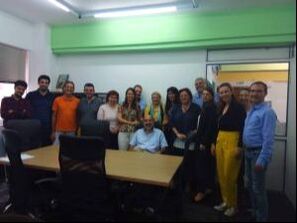
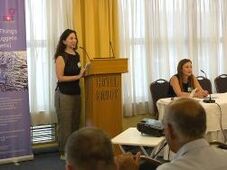
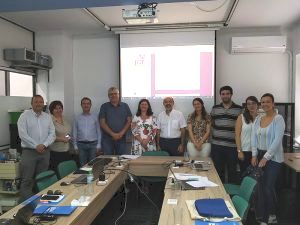

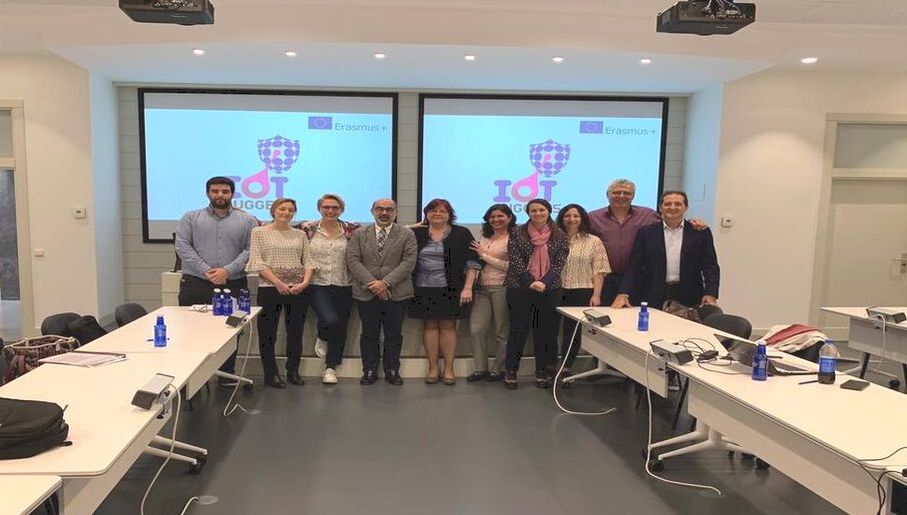
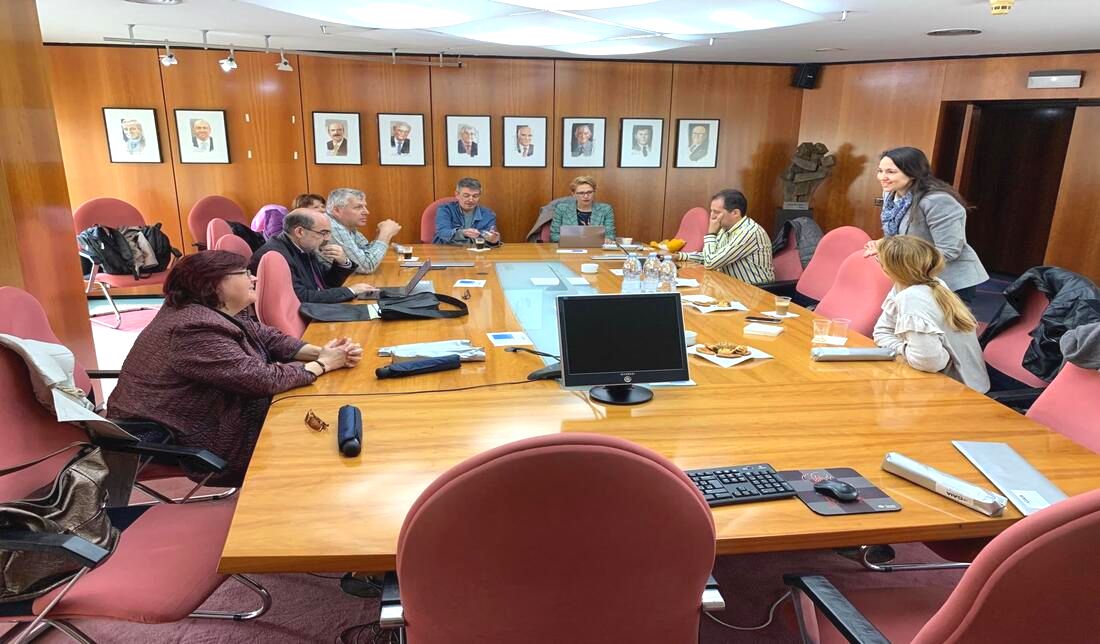




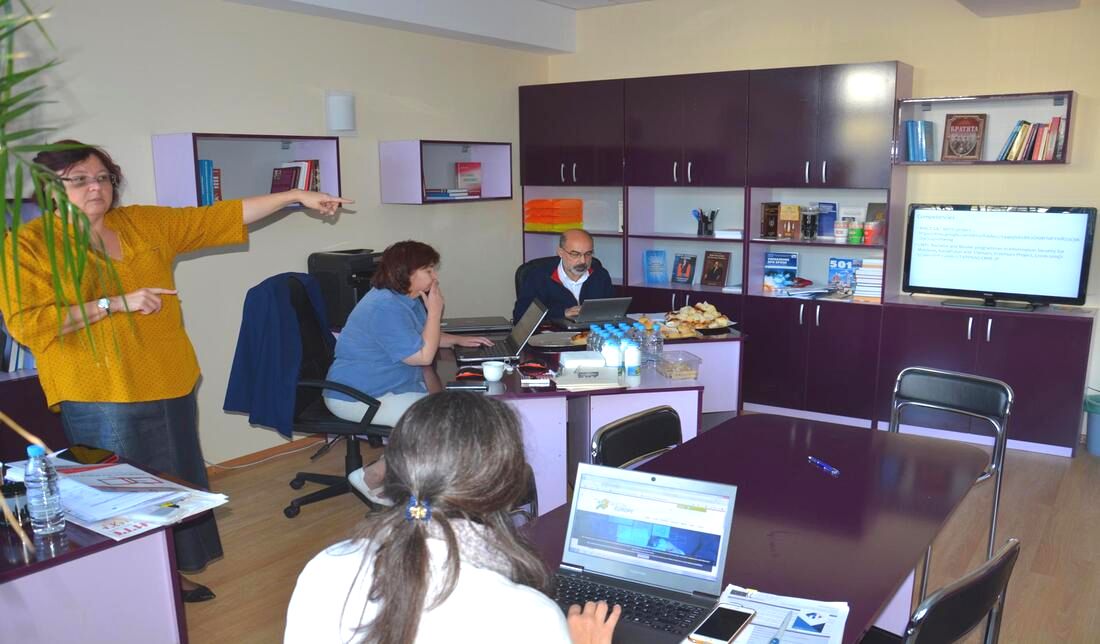
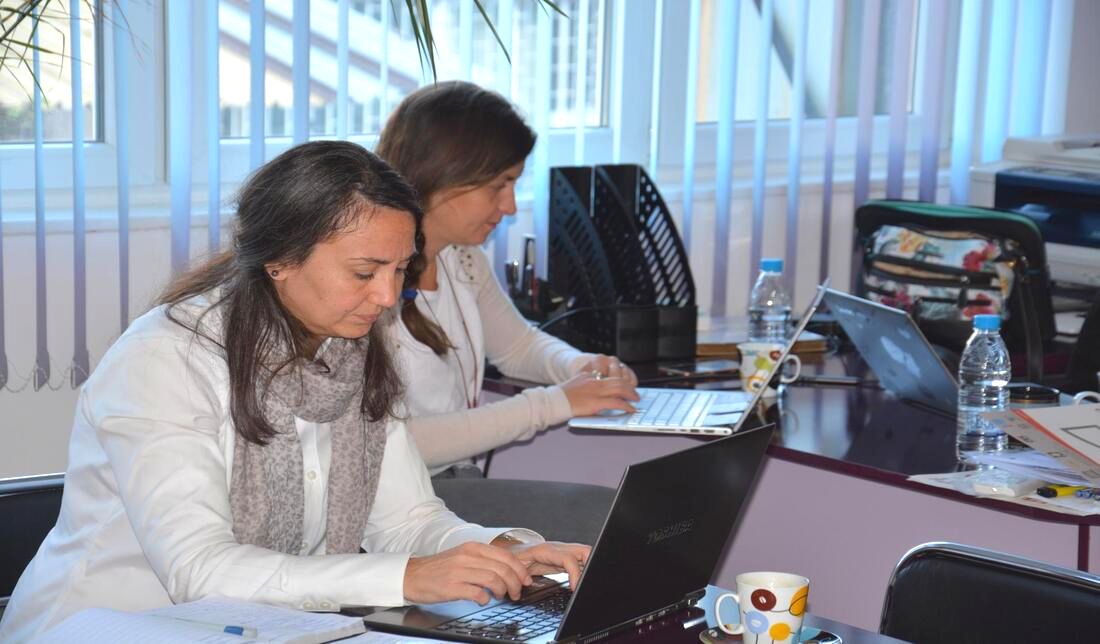
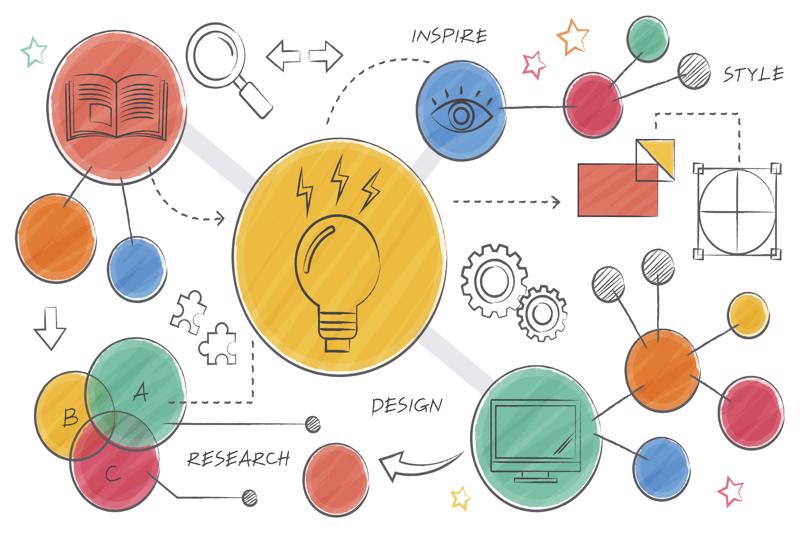
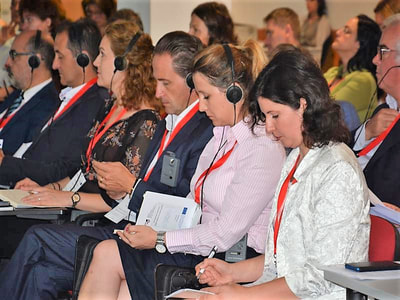
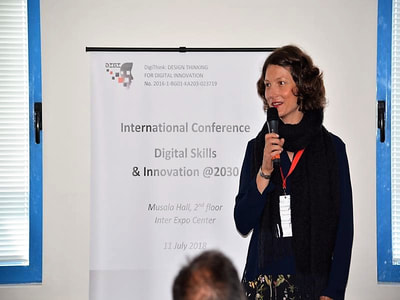
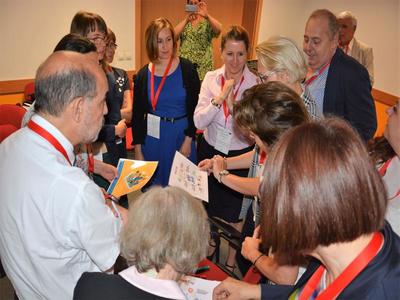
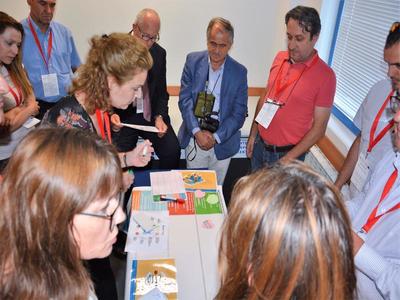
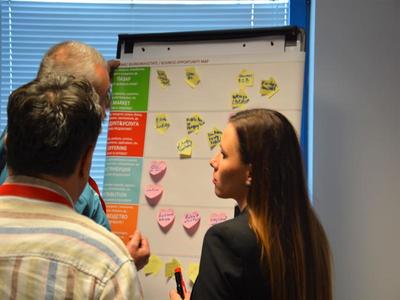
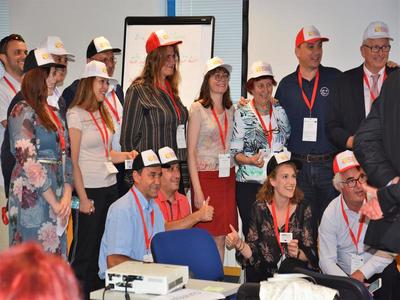
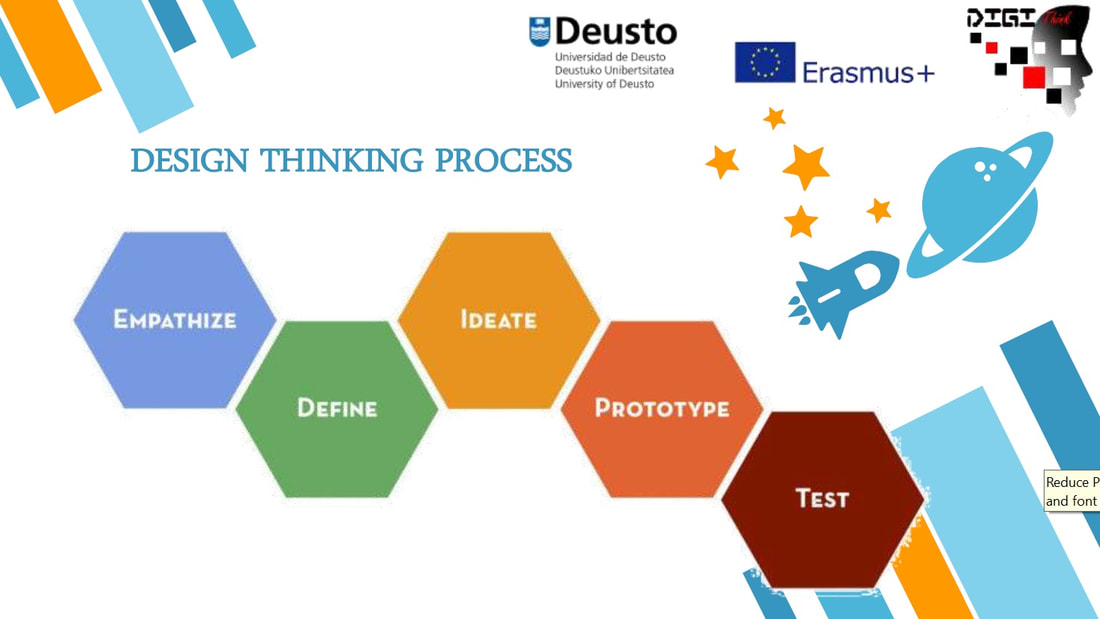
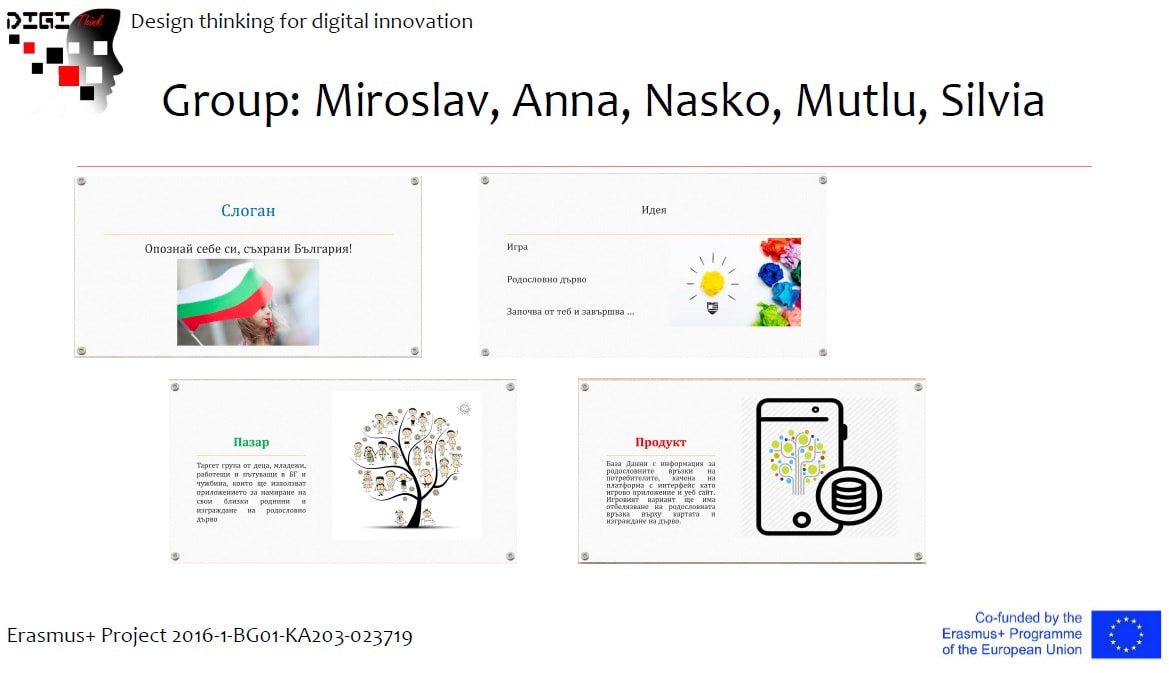
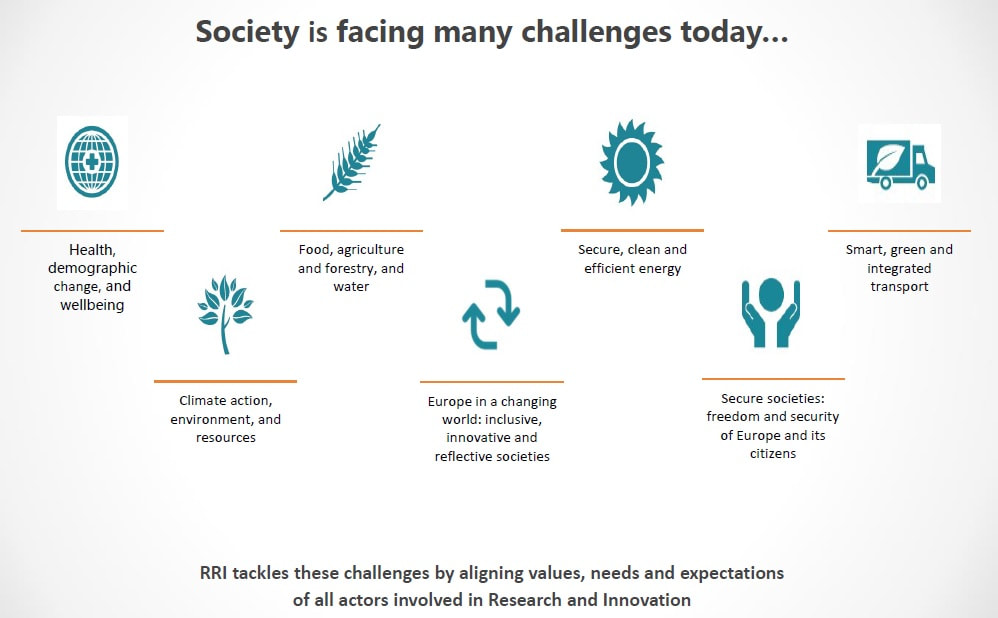
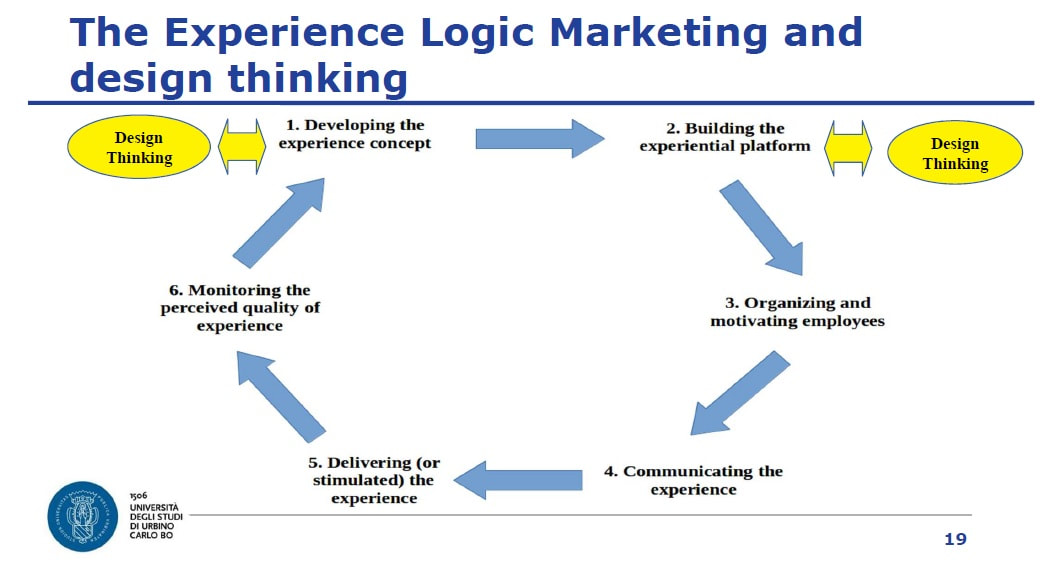
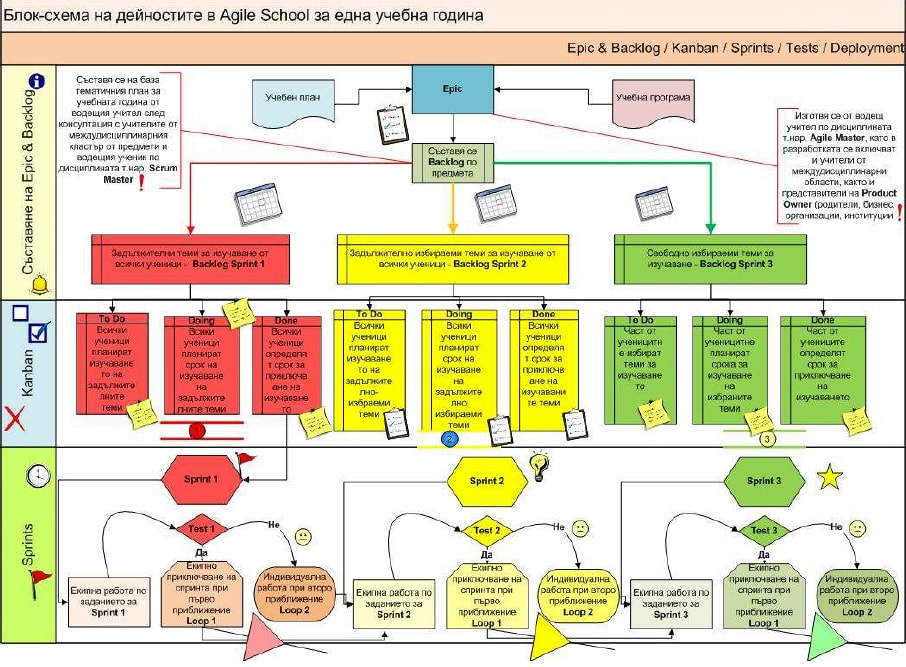
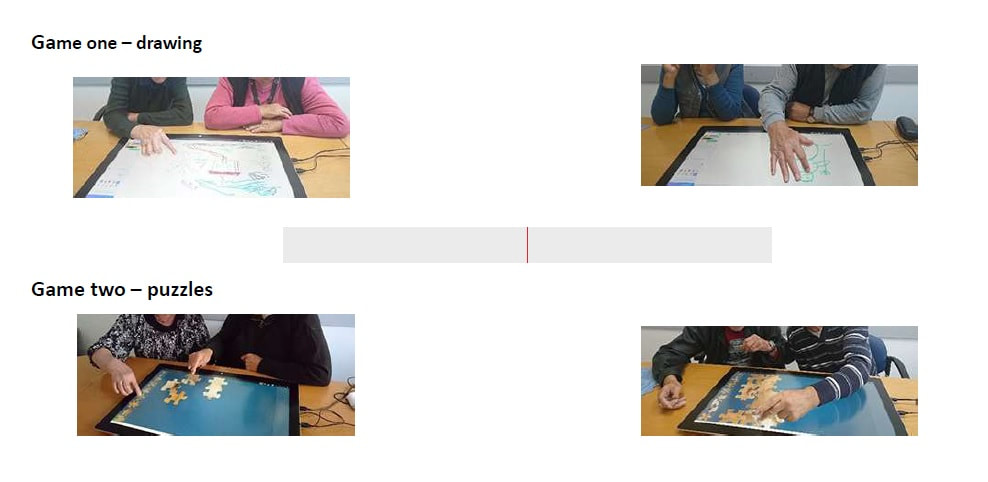
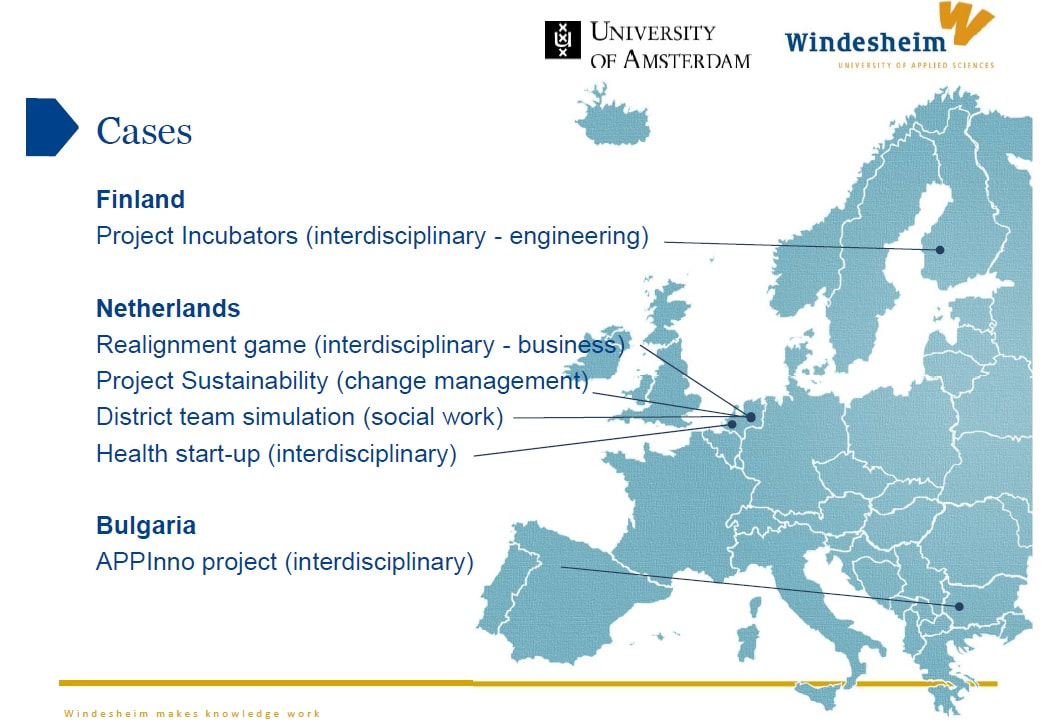
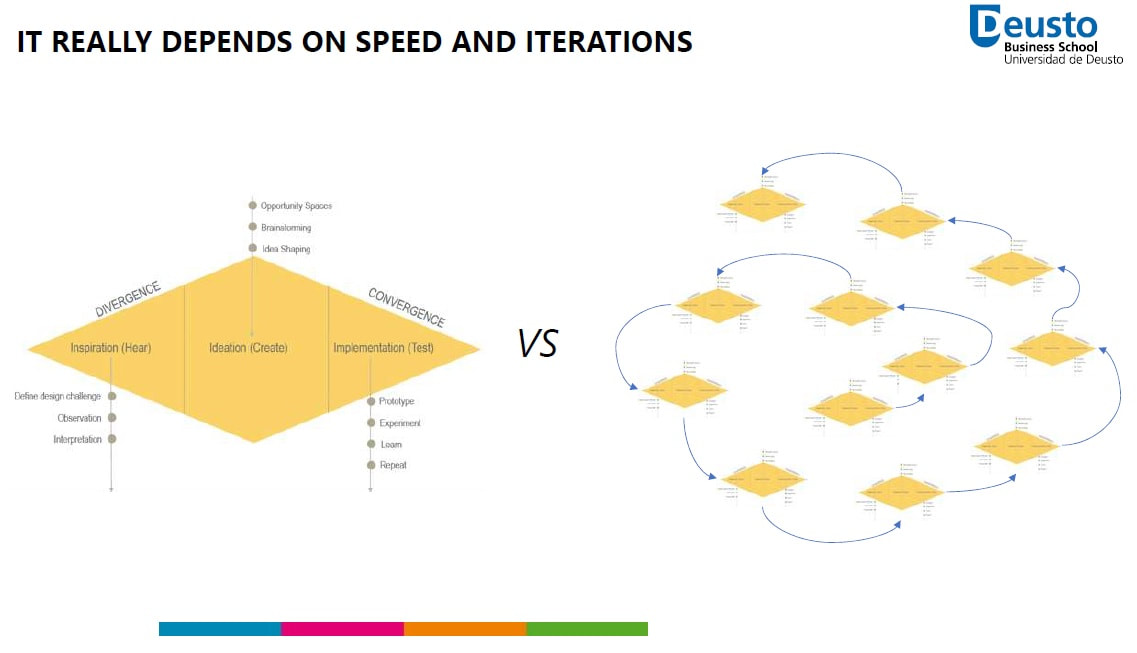
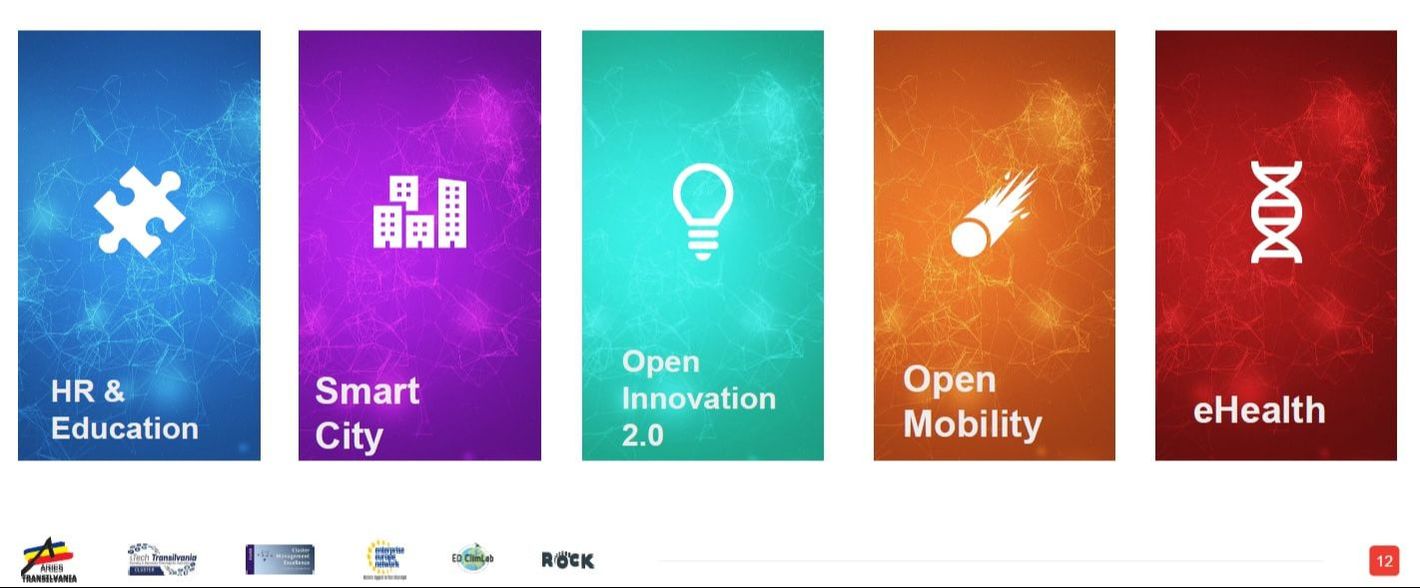
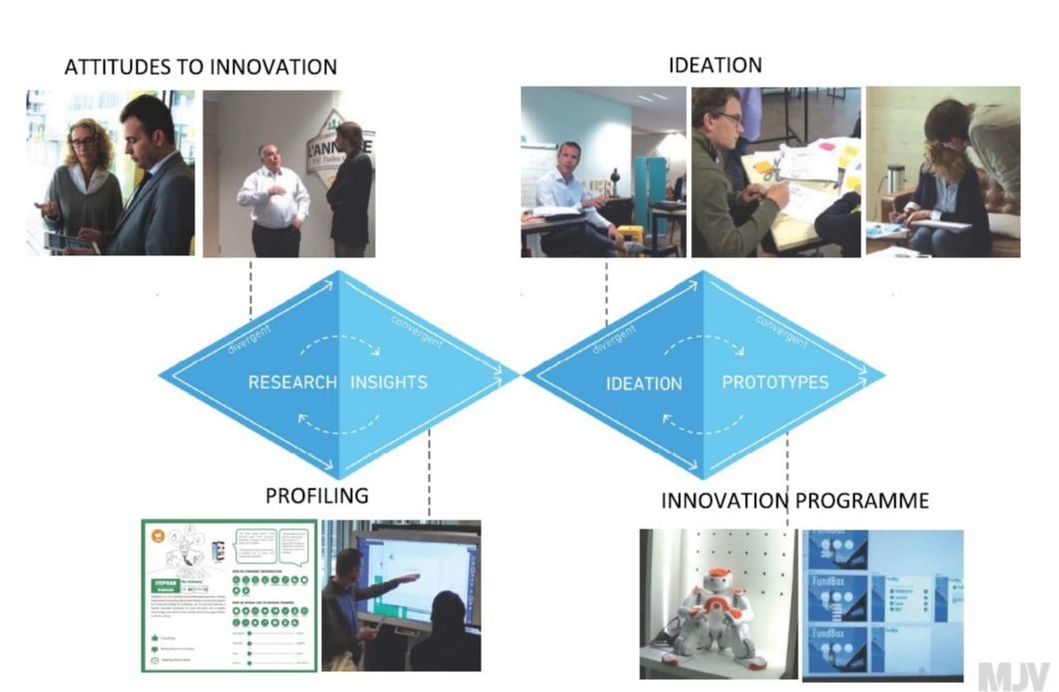
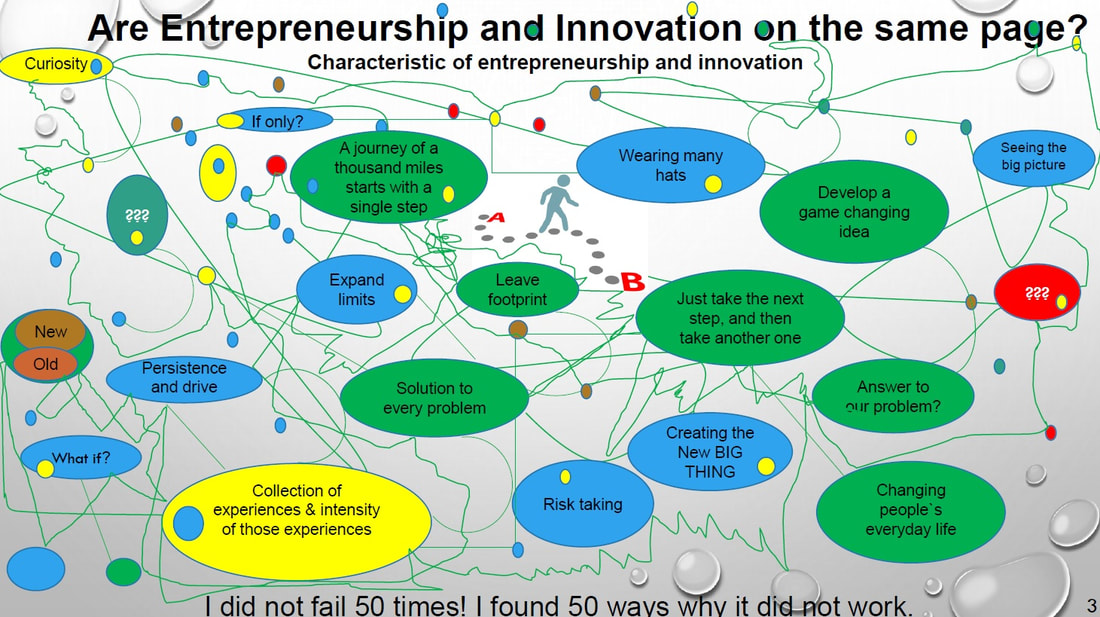
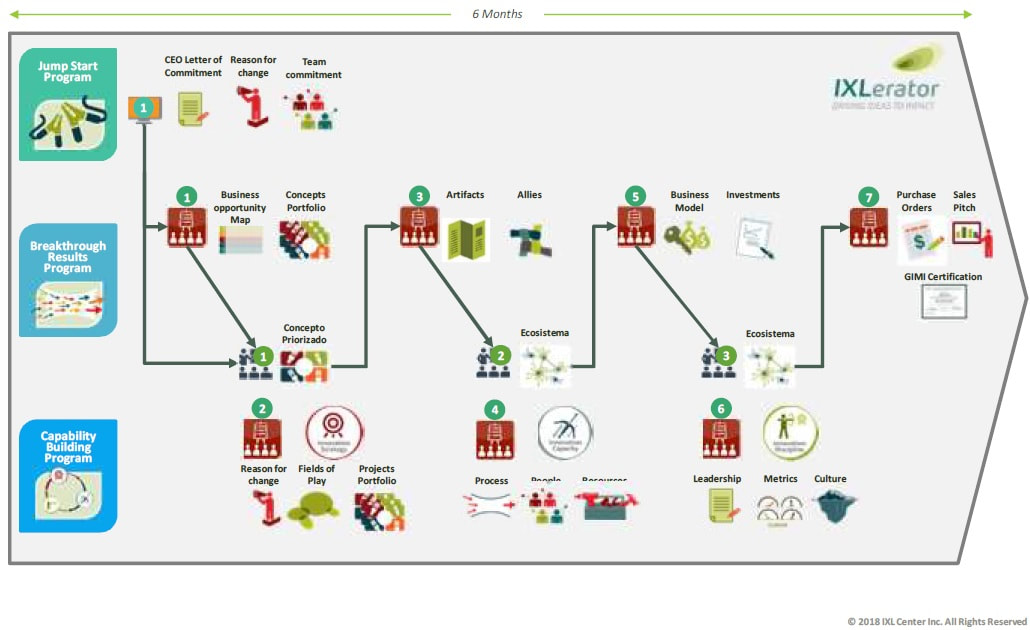
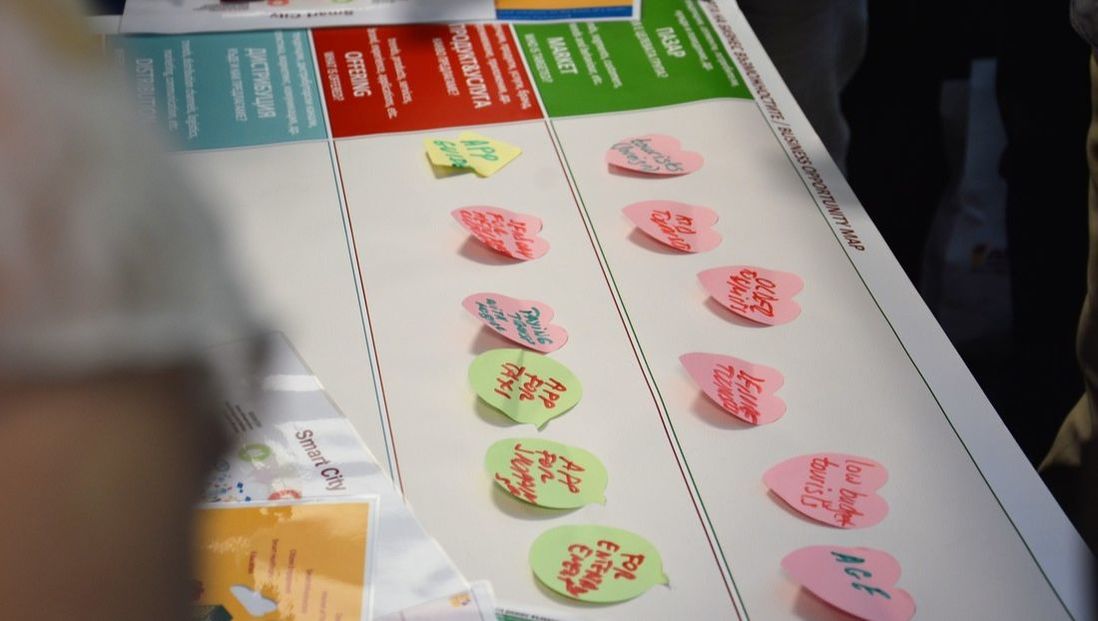







 RSS Feed
RSS Feed